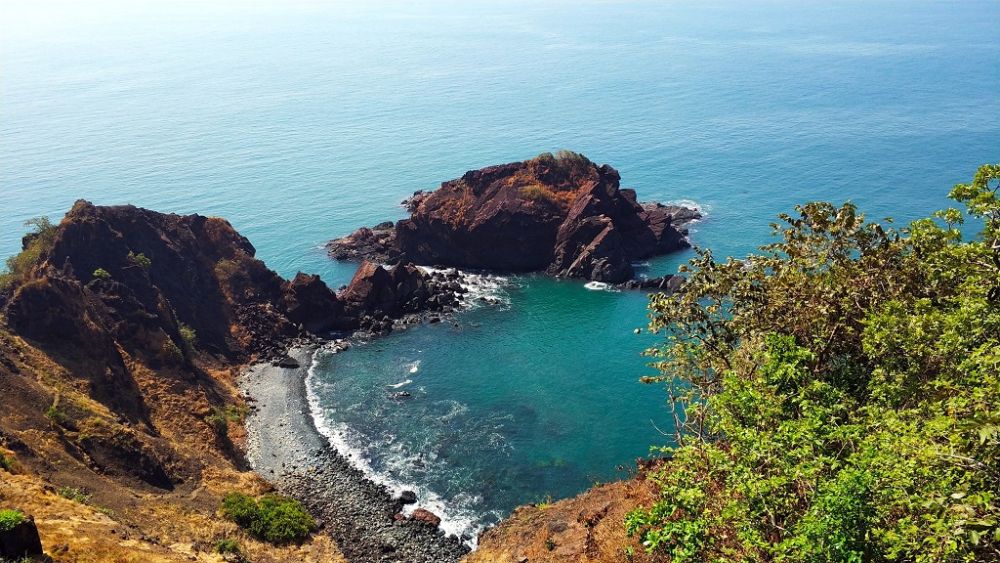

Nestled along the serene southern coast of Goa, India, Cabo de Rama Beach is a picturesque destination that has slowly emerged as a haven for those seeking the tranquility away from the bustling hotspots of North Goa. The beach takes its name from the legendary hero of the Indian epic, Ramayana - Lord Rama. It is believed that Rama along with his wife Sita took refuge here during their 14-year-long exile.
Above the beach, the imposing Cabo de Rama Fort stands as a sentinel, watching over the Arabian Sea. The fort itself has weathered numerous battles and has changed hands from Hindu rulers to the Portuguese, each era adding layers to its rich history. It wasn't until the latter part of the 20th century, after Goa's liberation from Portuguese rule in 1961, that Cabo de Rama started gaining attention as a tourist spot.
Initially, Cabo de Rama Beach was little more than a secret spot known only to a few locals and the more intrepid travelers. Throughout the 1970s and 1980s, as Goa became a hotspot for the counterculture movement, tourists in search of peace, beautiful landscapes, and pristine beaches began to venture south, bringing Cabo de Rama Beach into the light.
In more recent years, tourism at Cabo de Rama Beach has evolved dramatically. The beach, once relatively isolated and unknown, has started to see a gradual increase in visitors. However, it still remains one of the more peaceful spots in South Goa, drawing in tourists who are looking to escape the crowds.
What adds to its charm is the minimal commercial activity and the untouched natural beauty. Visitors are captivated by the panoramic views from the fort, the sightings of dolphins in the sea, and the laid-back vibe that is typical of South Goa's less commercialized spots. Accommodations catering to a variety of tourists range from simple homestays to eco-friendly resorts, allowing for an immersive Goan experience.
Recently, eco-tourism and sustainable travel have become more important to travelers globally, and Cabo de Rama Beach is no exception. There is a growing emphasis on preserving the pristine beauty of the region. Tour operators and local stakeholders are increasingly aware of the environmental impact and the importance of maintaining the delicate balance between nature and tourism.
In conclusion, while Cabo de Rama Beach has not seen the tourism explosion that North Goa has experienced, it has steadily grown into a beloved spot for those seeking solitude, history, and untouched natural surroundings. With sustainable practices being adopted, the future of tourism in this tranquil part of Goa looks bright, ensuring that visitors can enjoy its beauty for years to come.